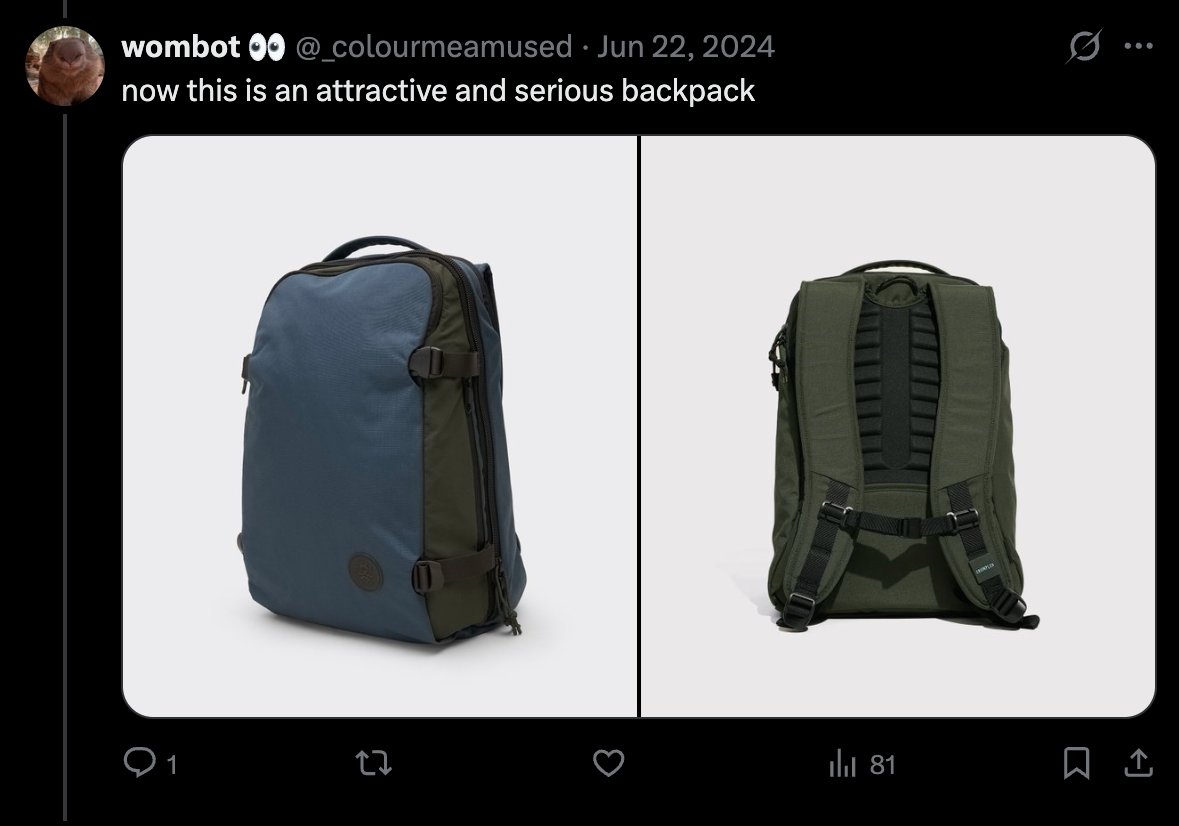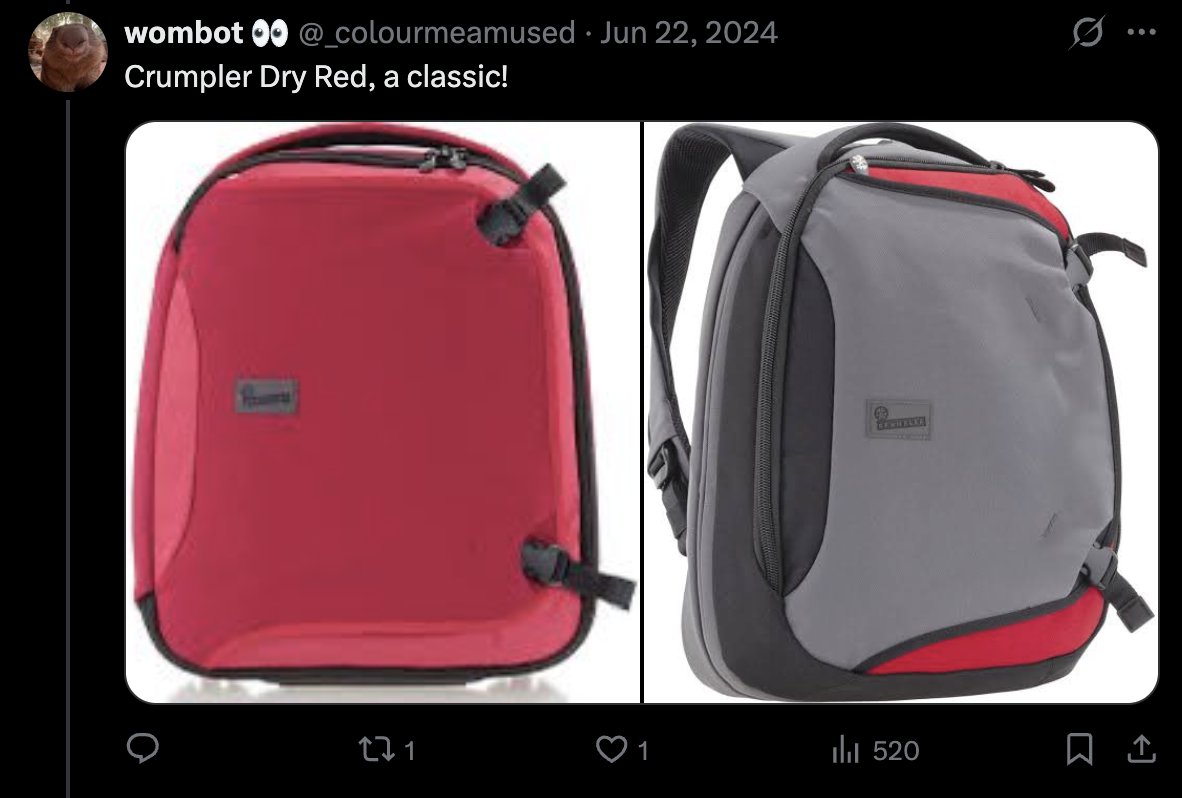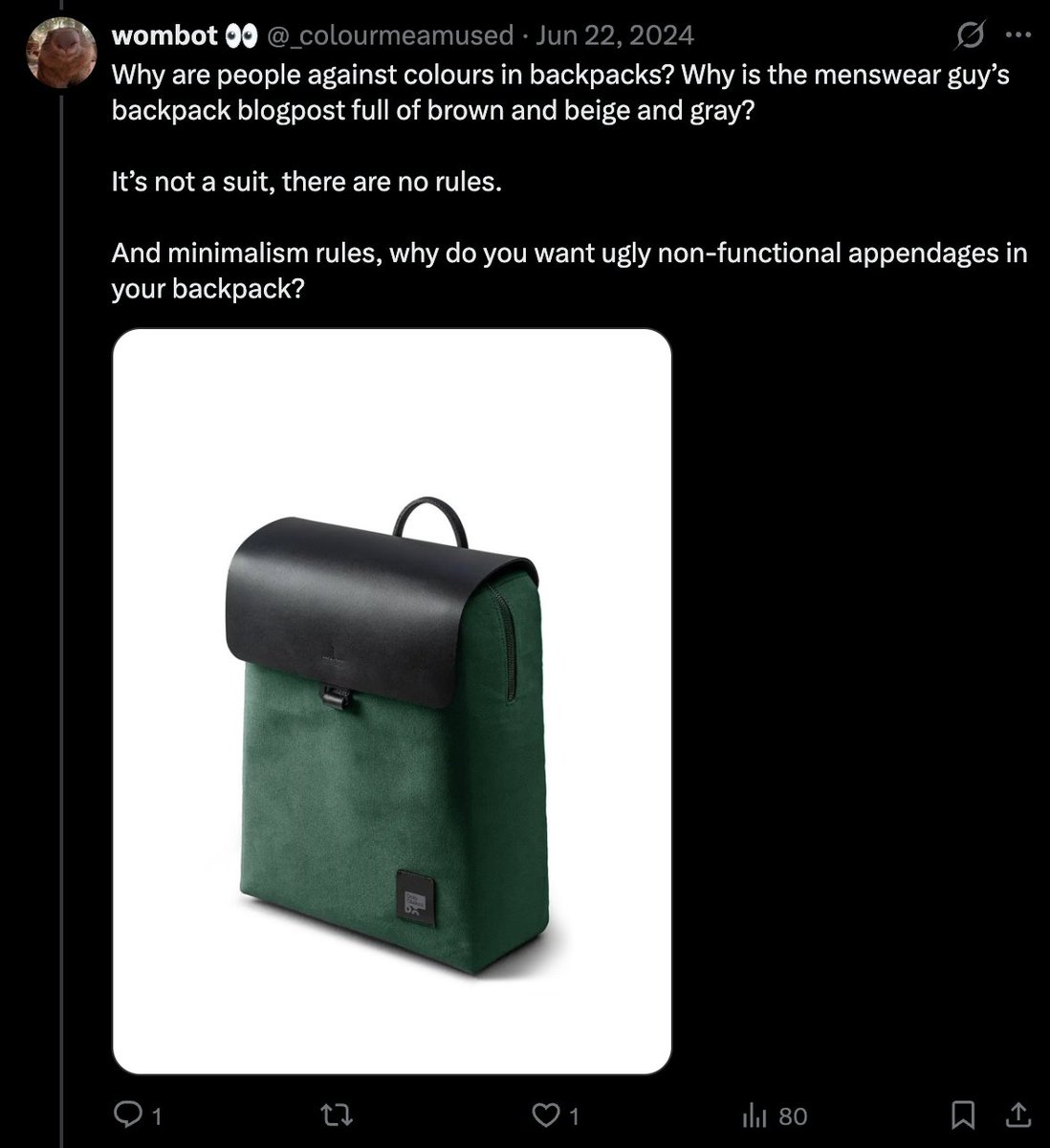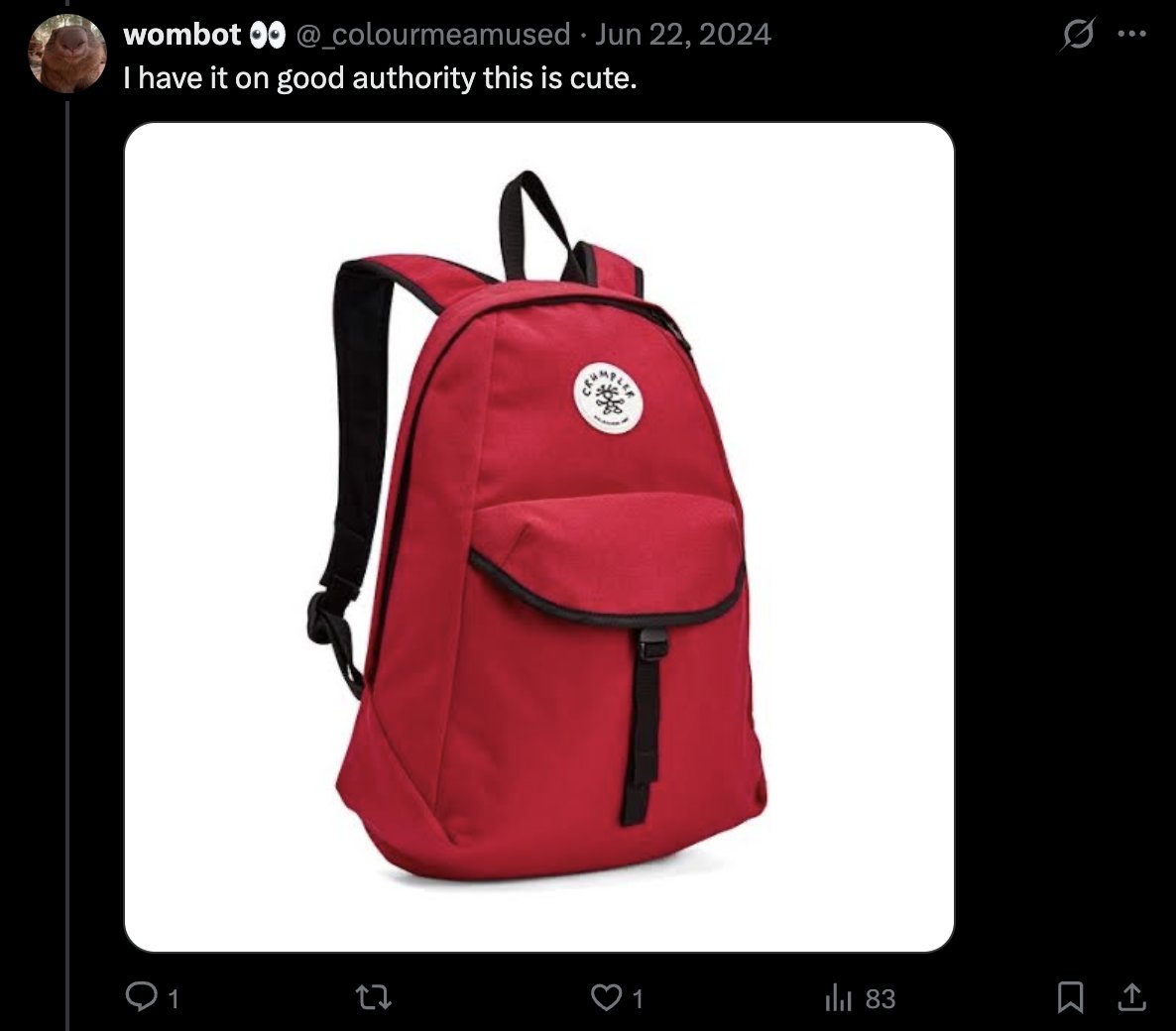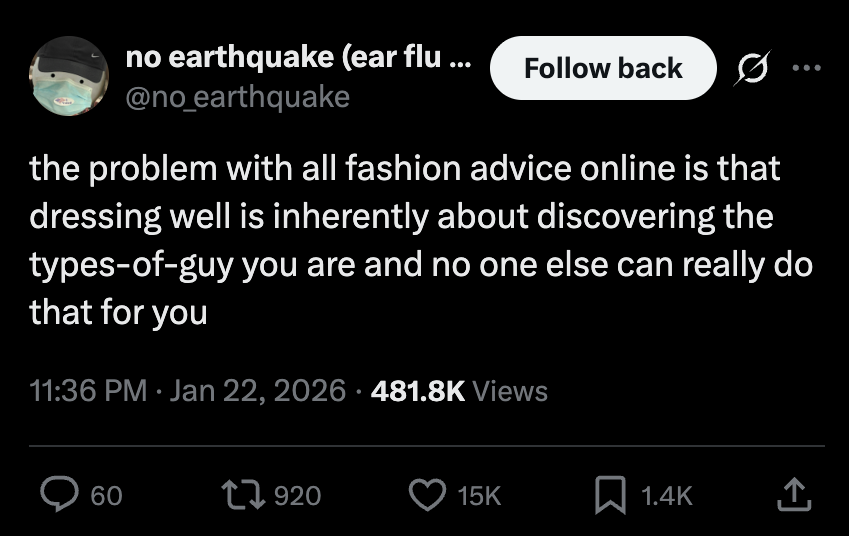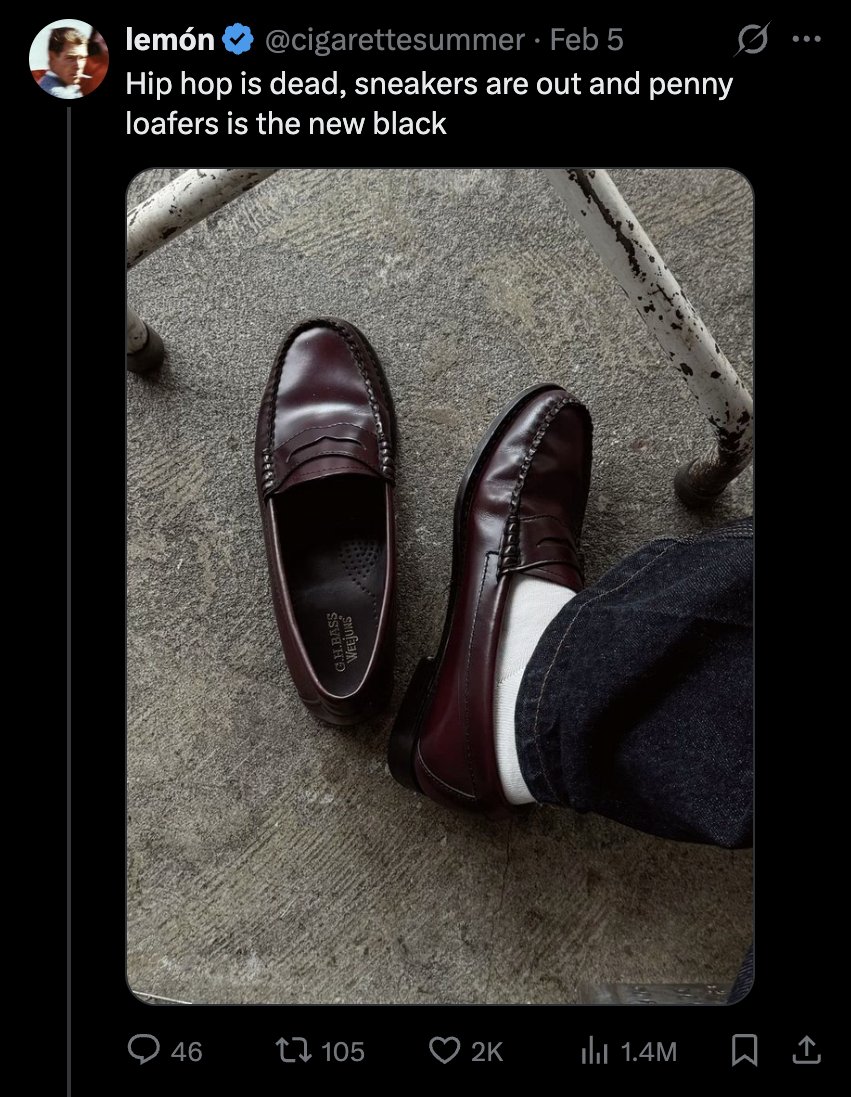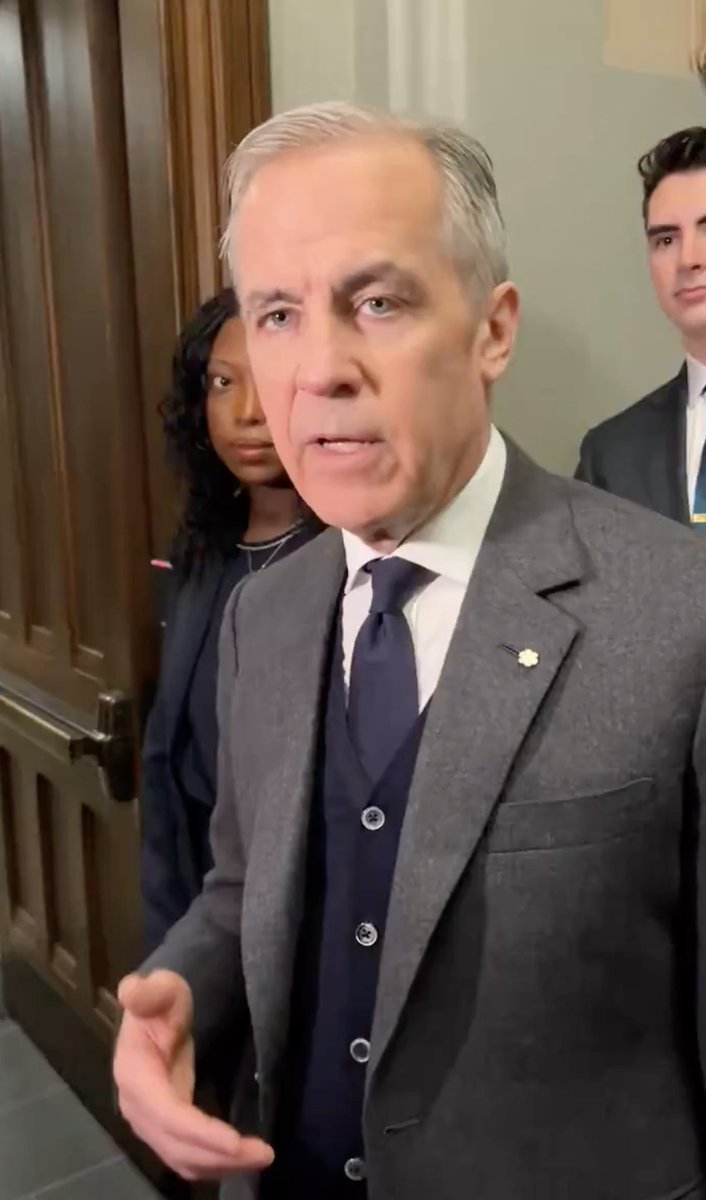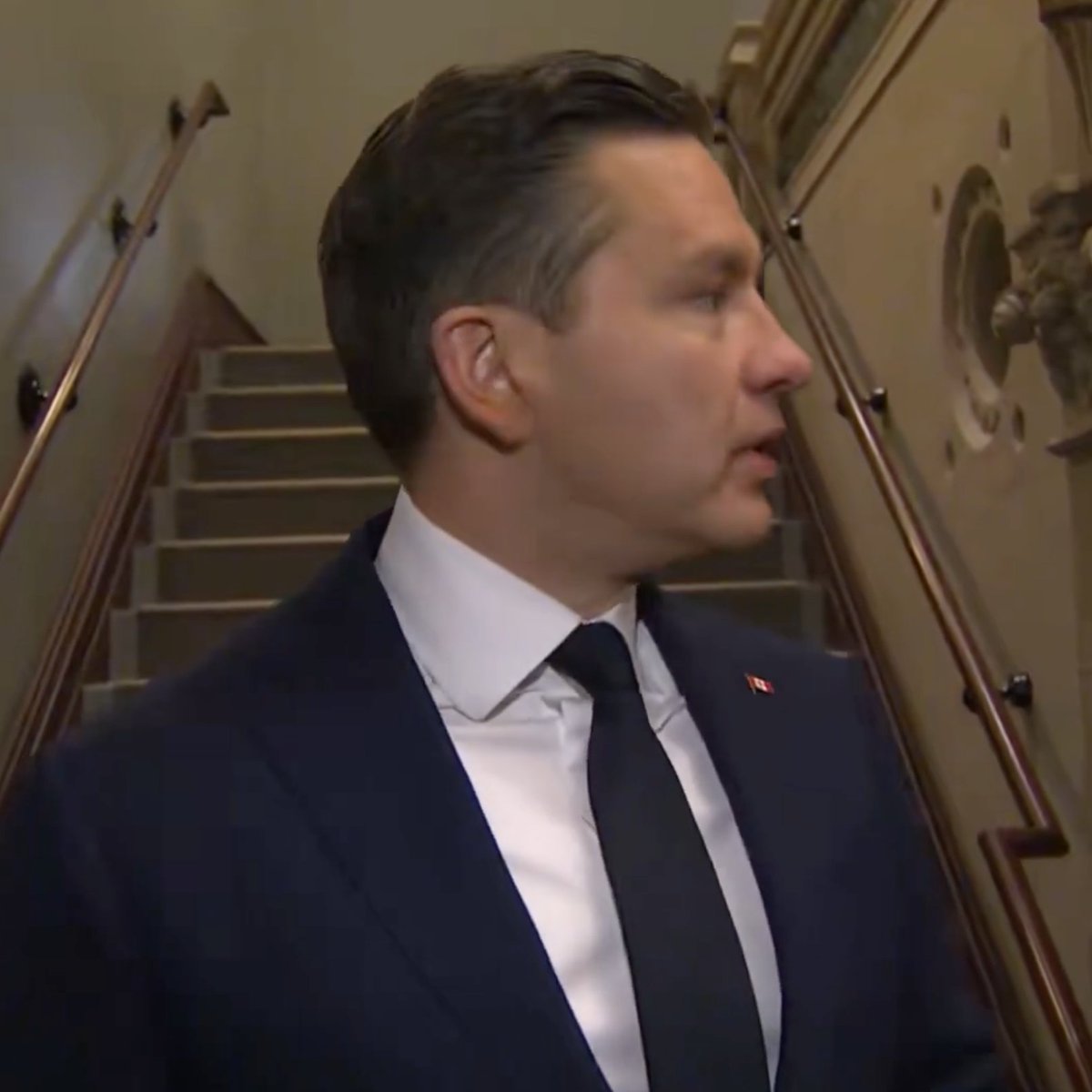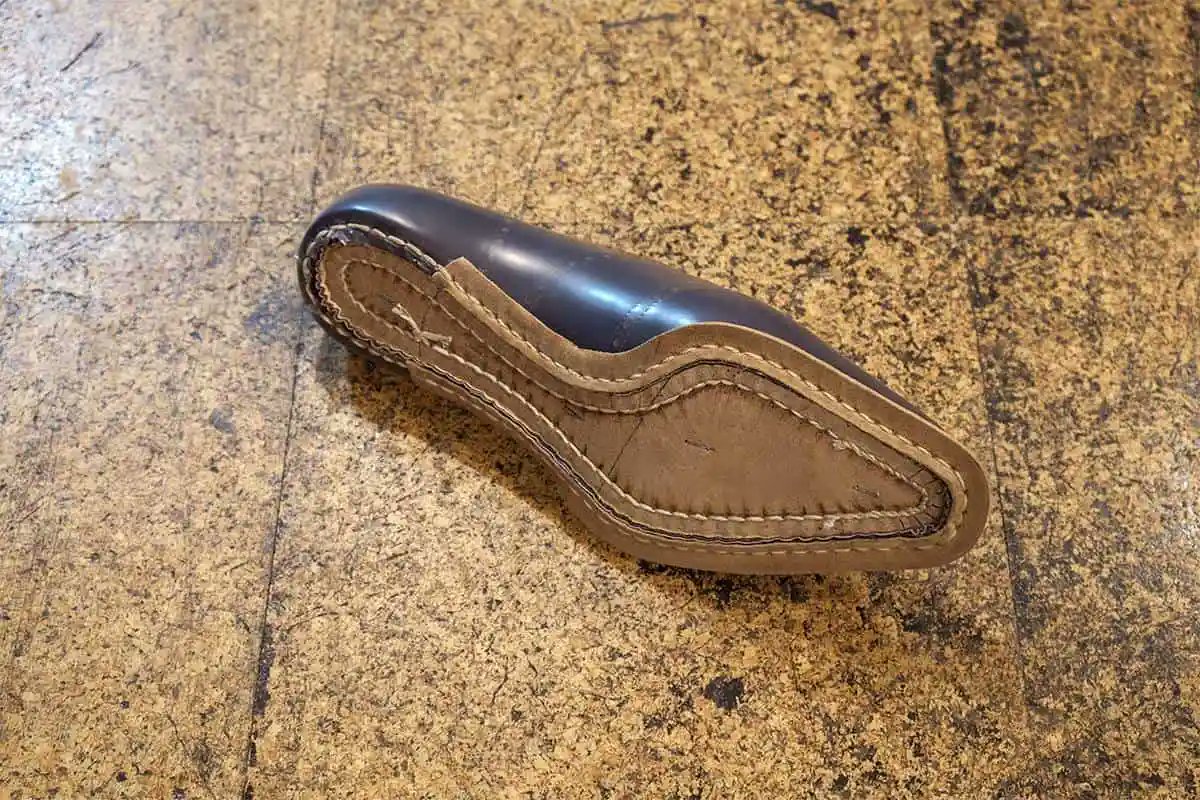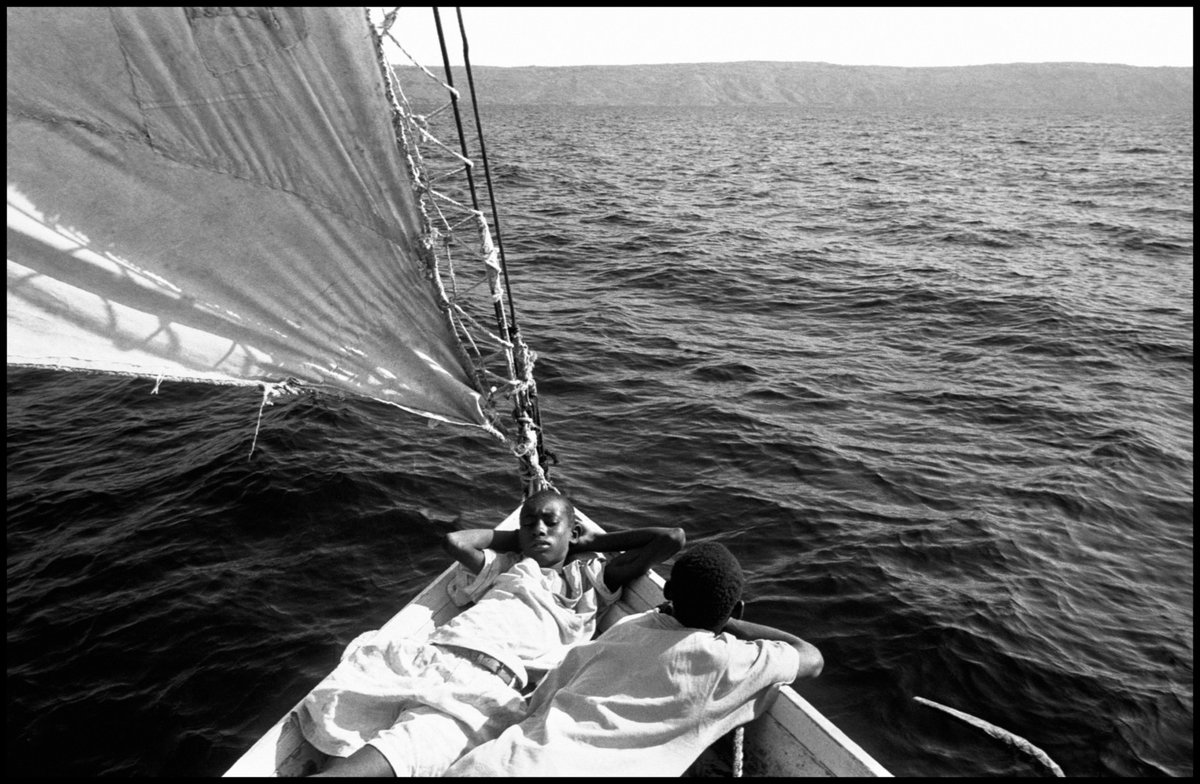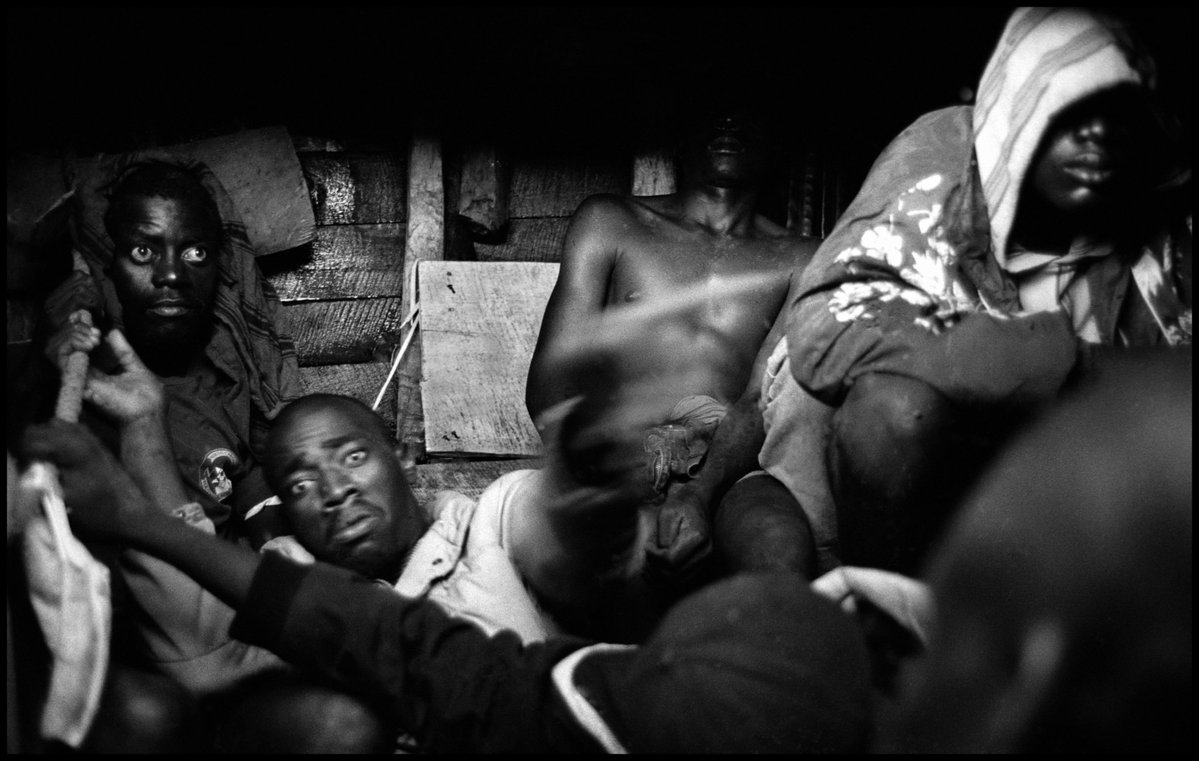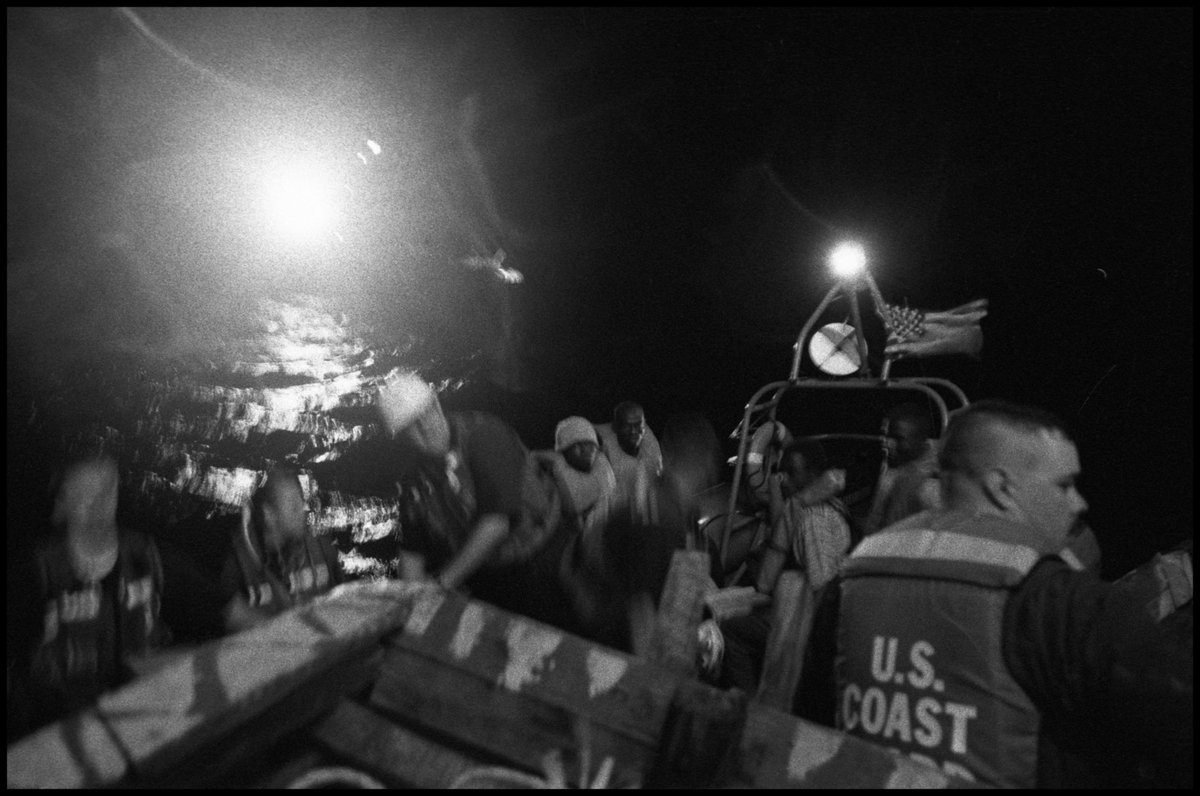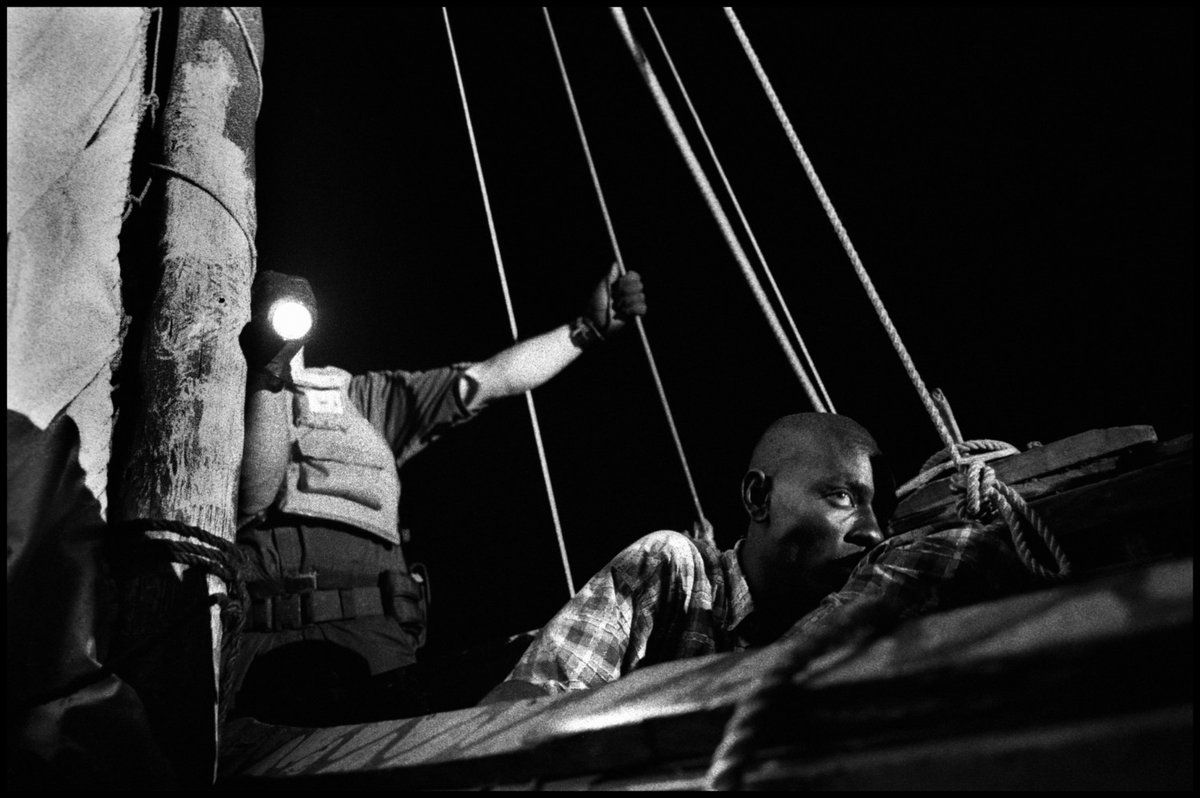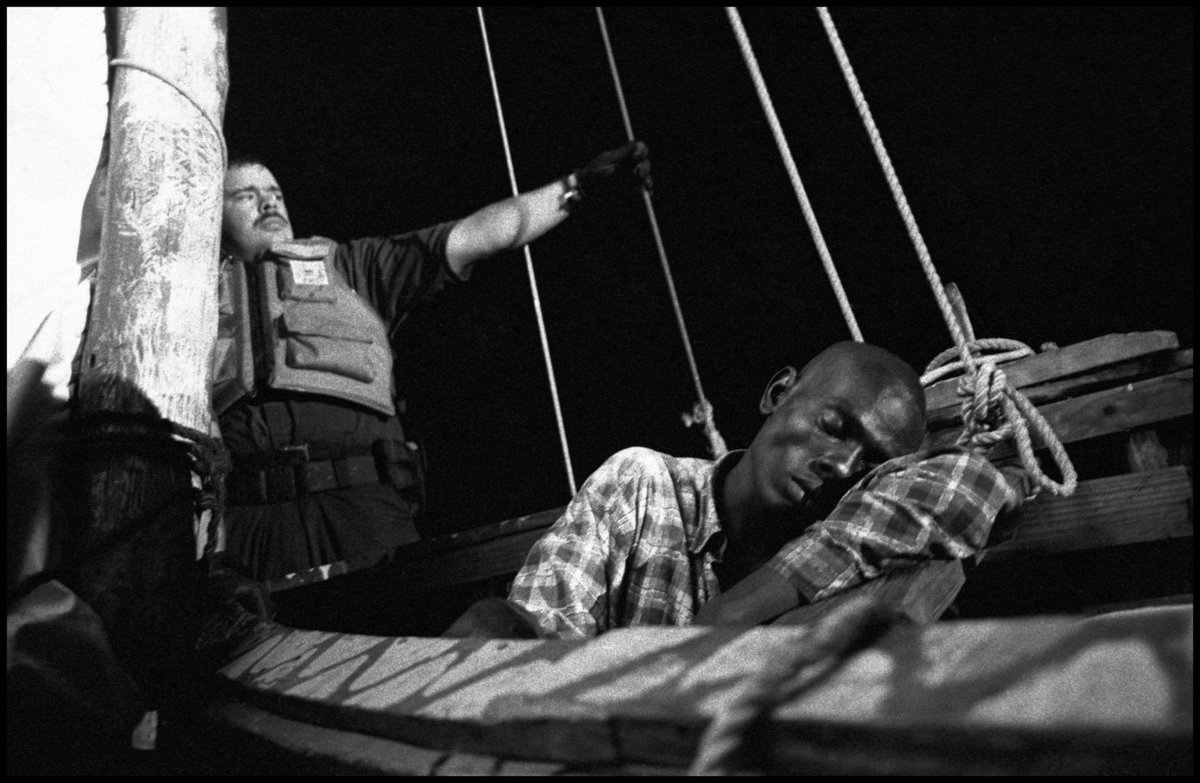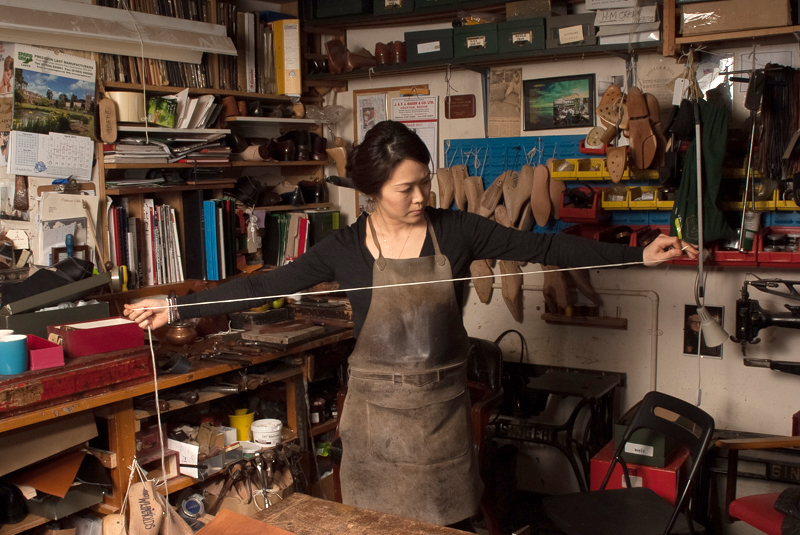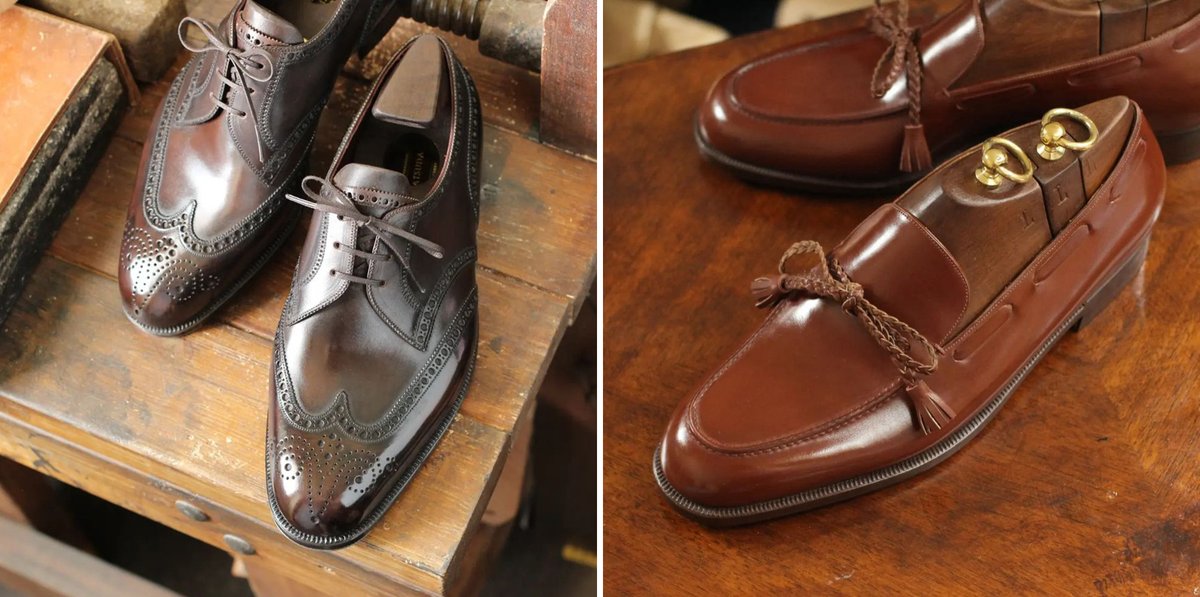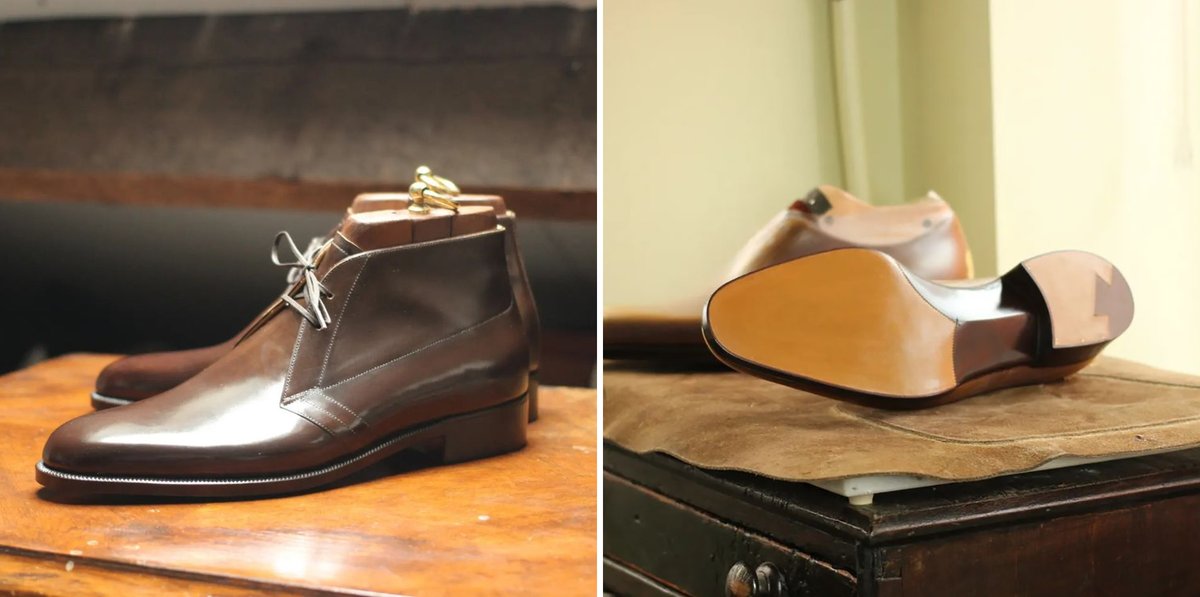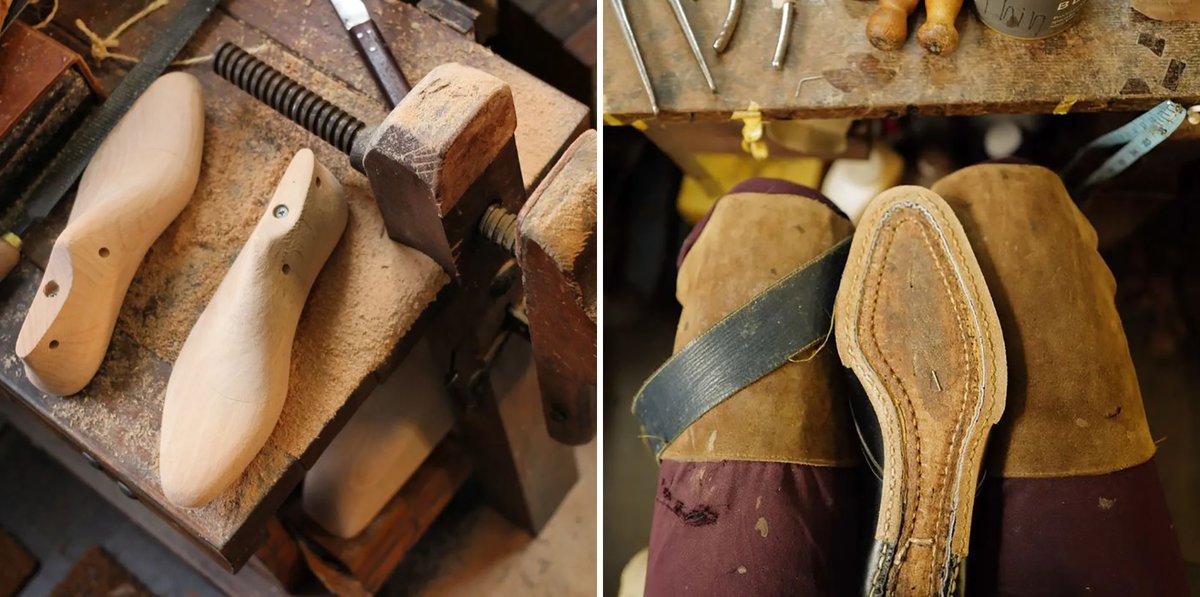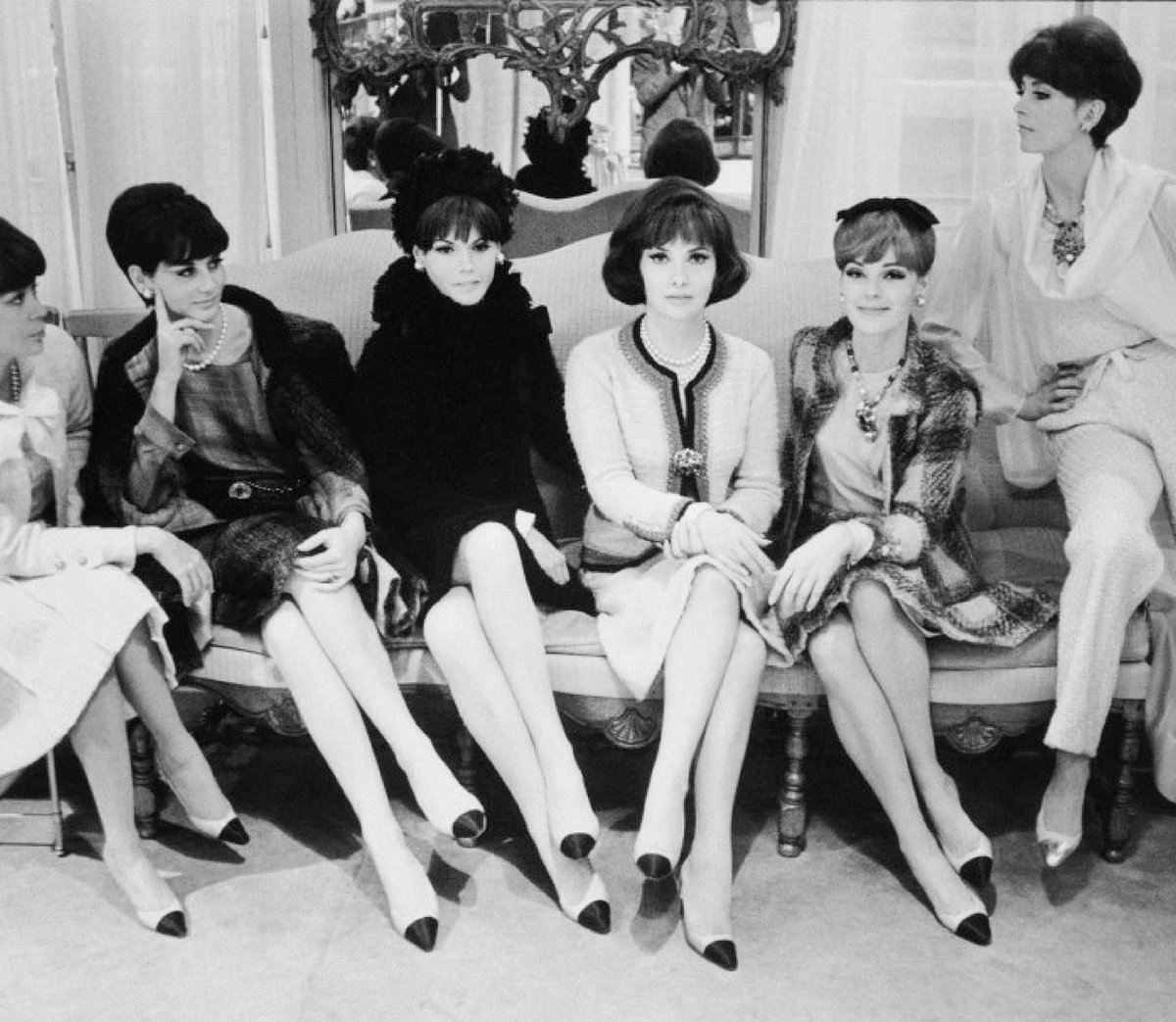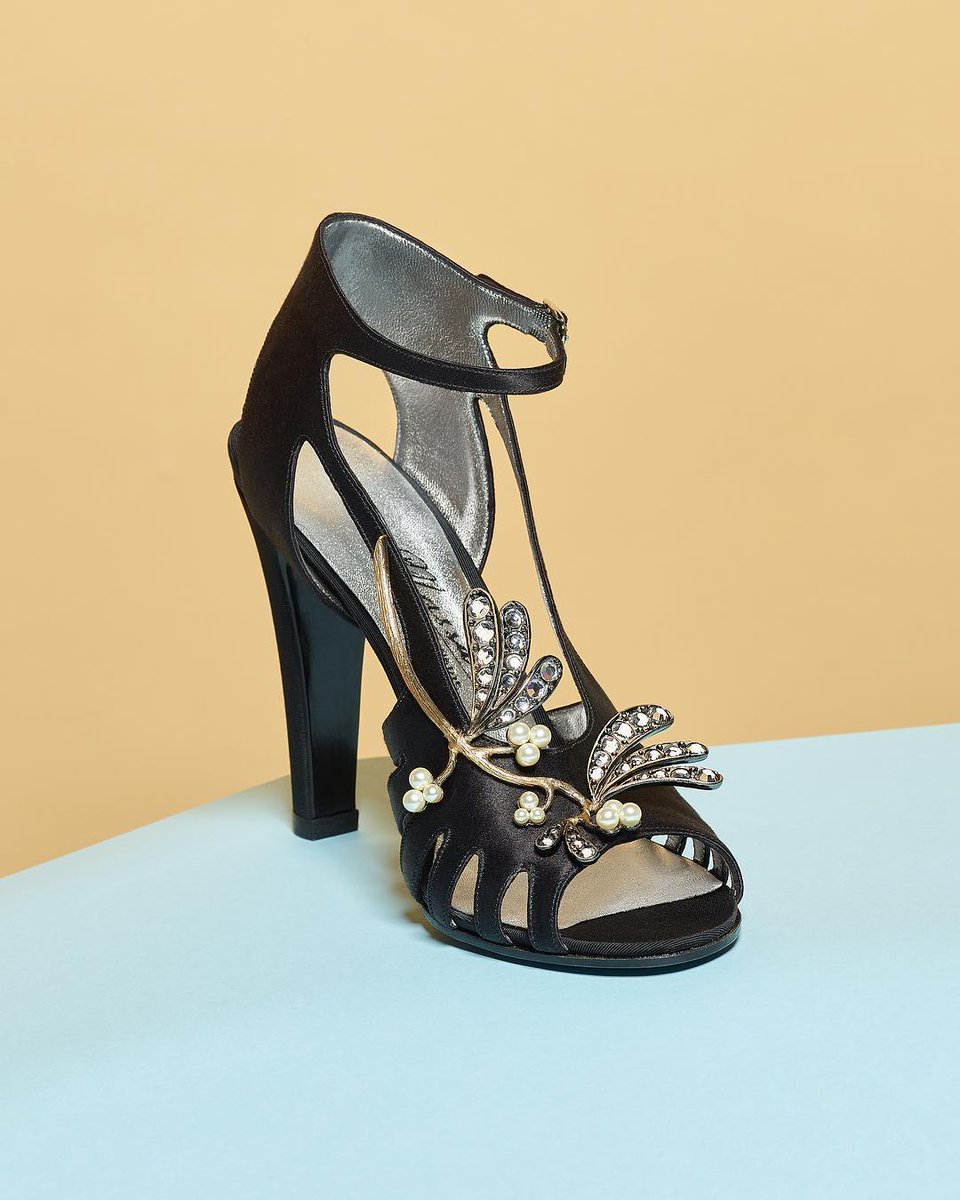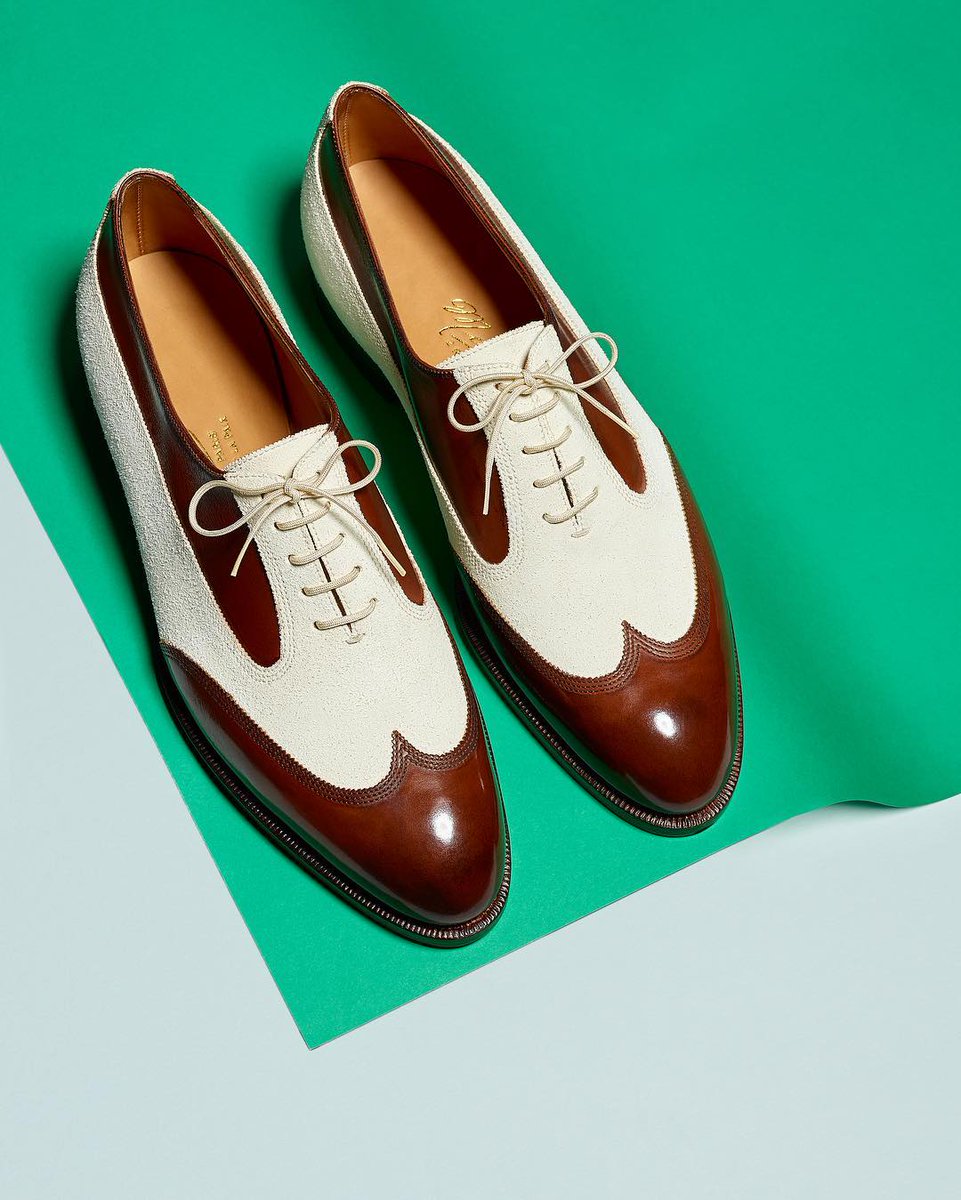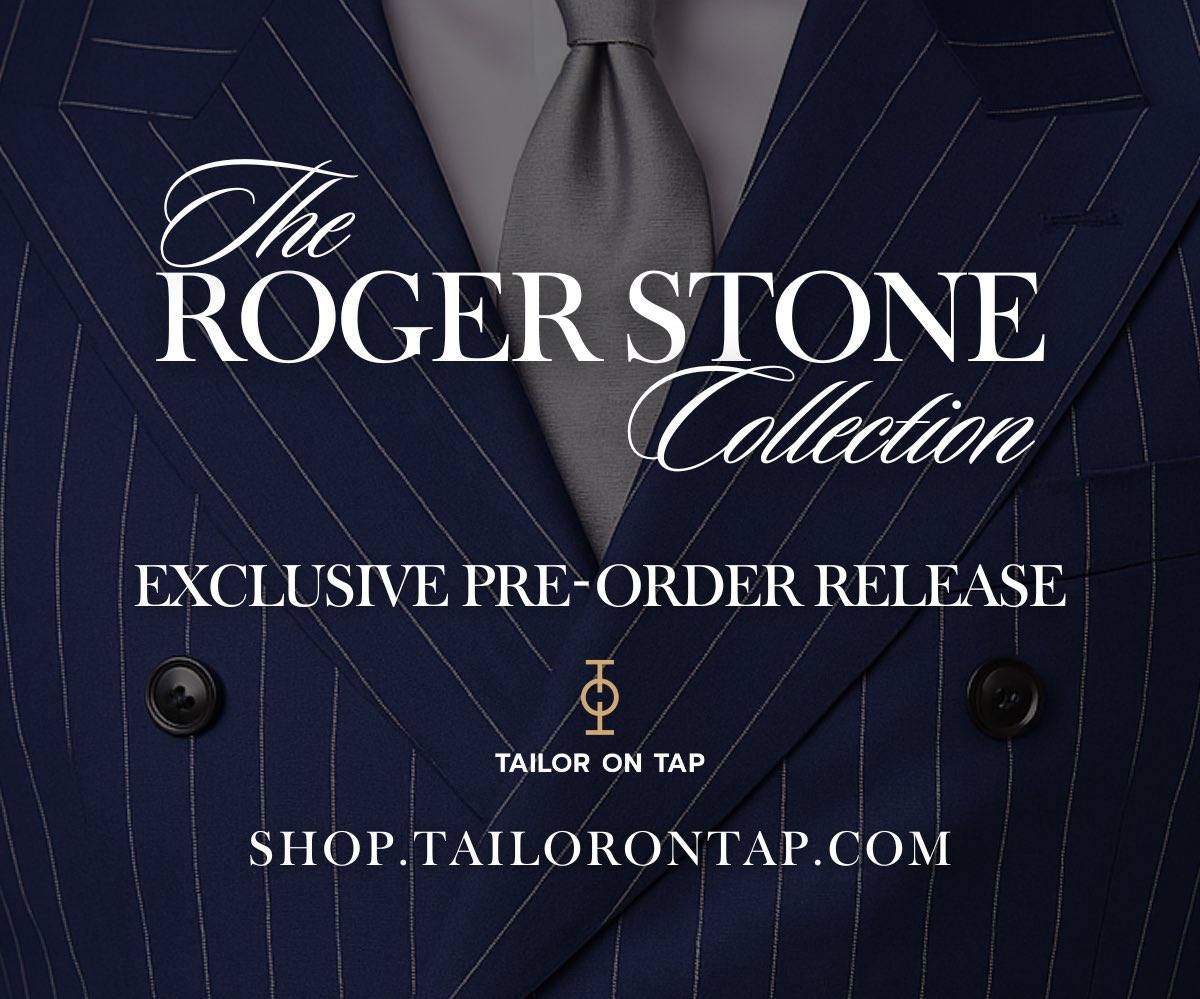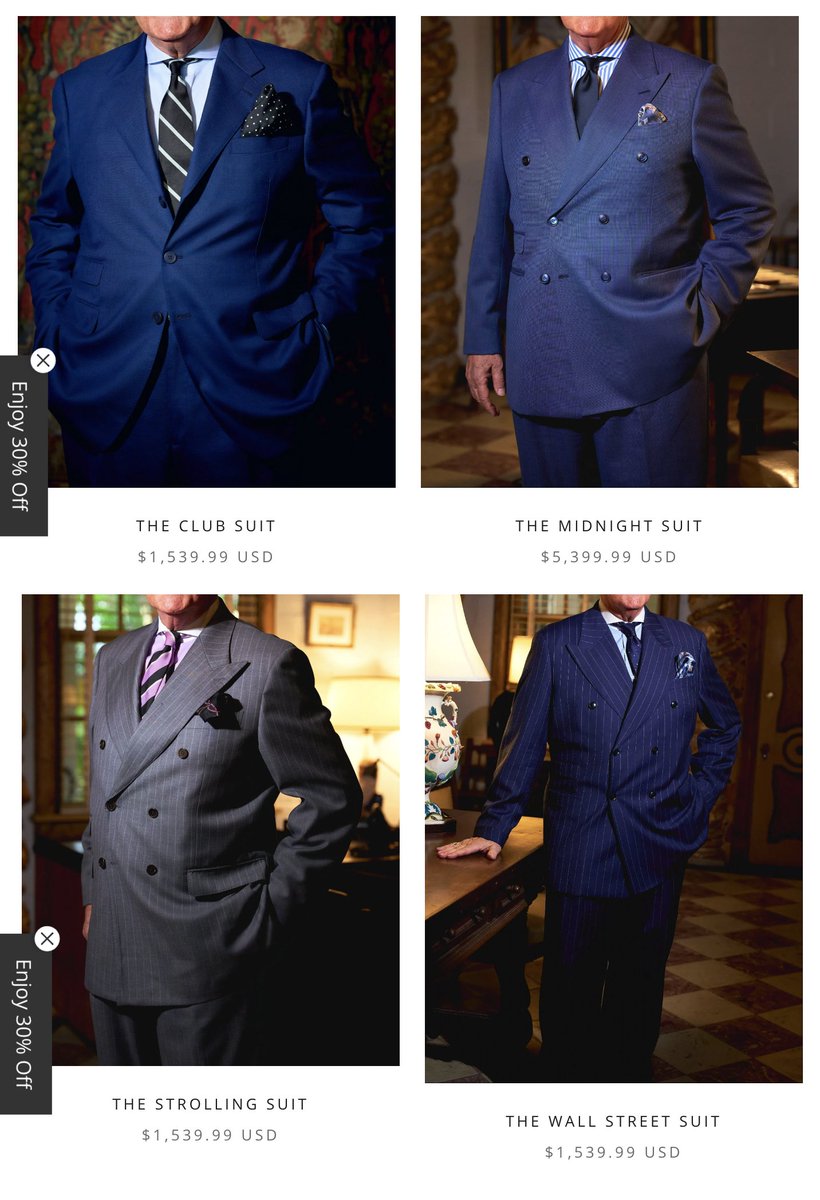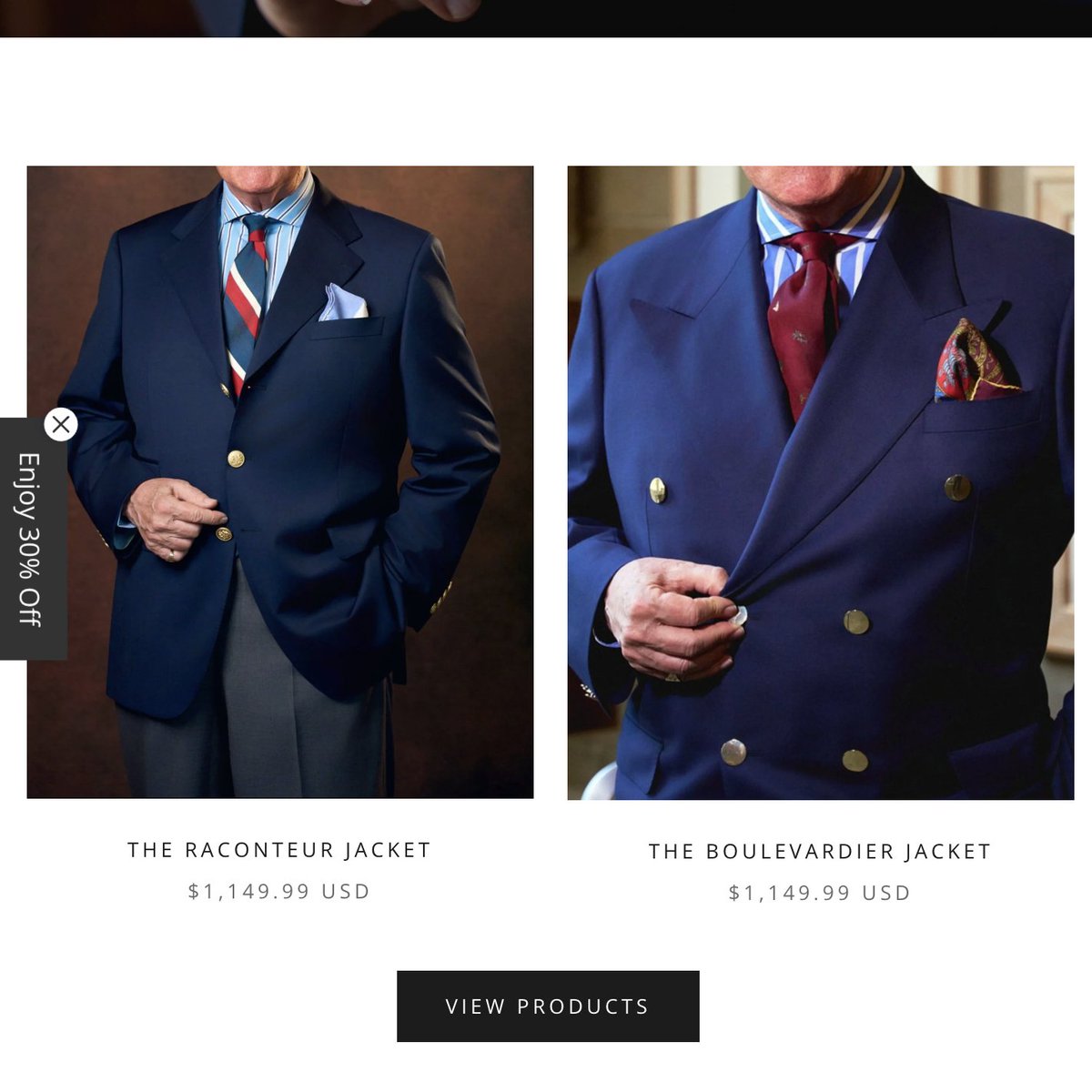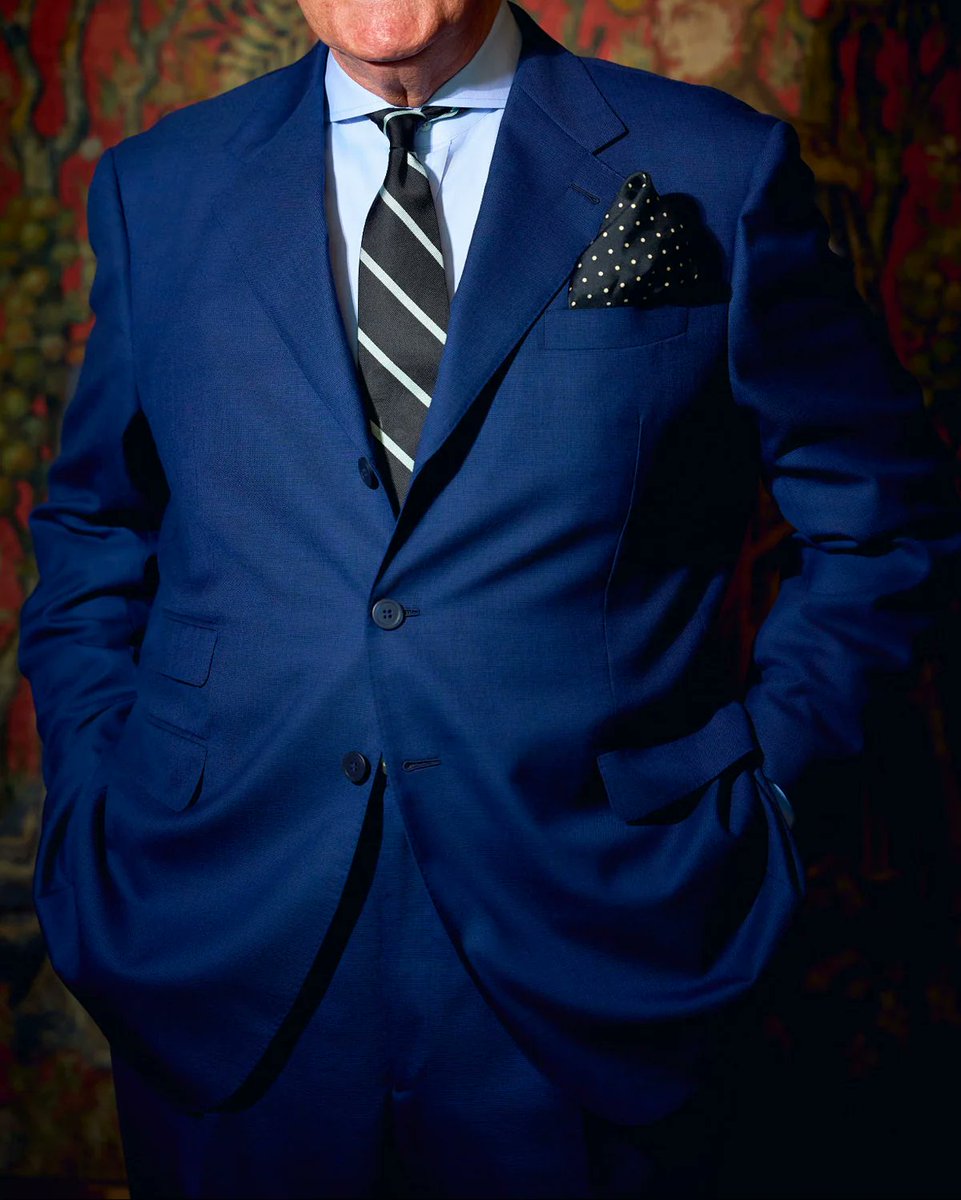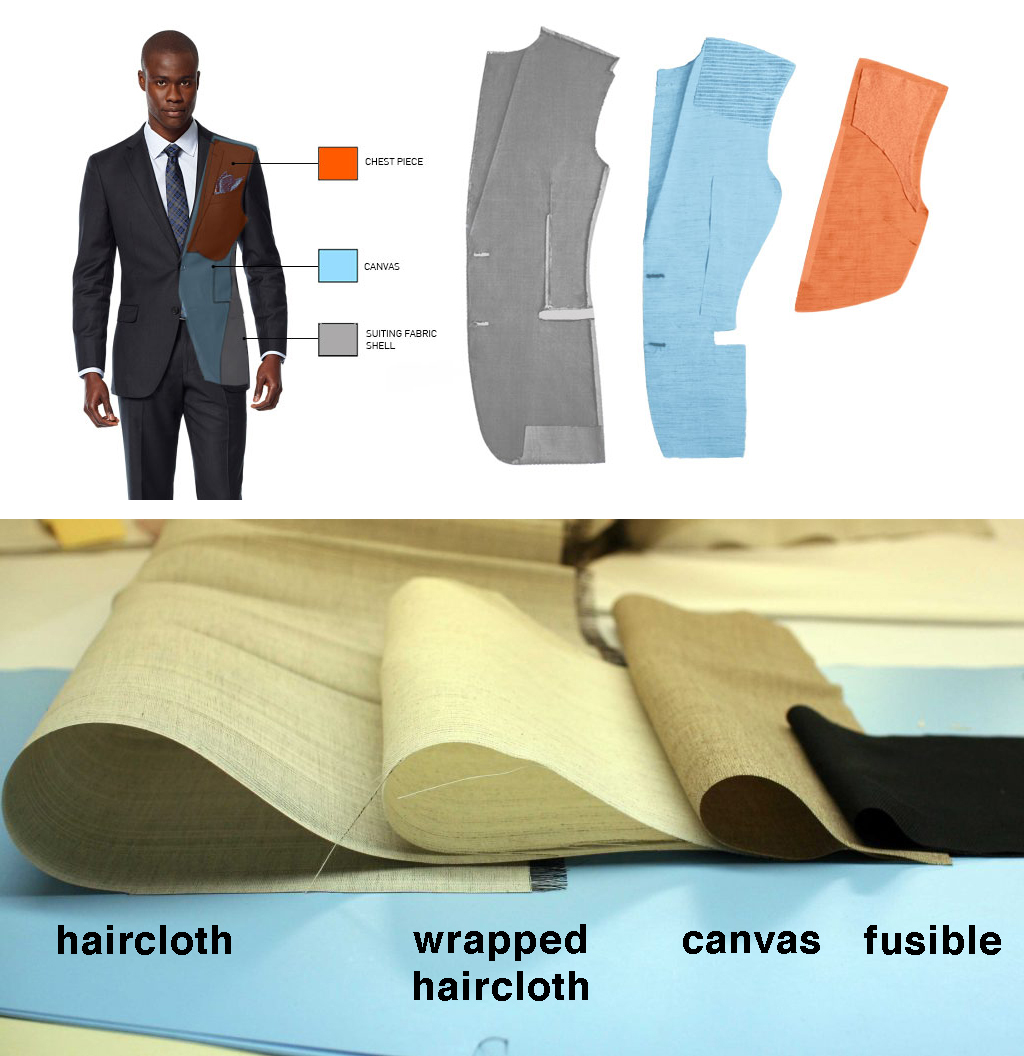To me, Ralph is above the law, so even if I don't care for many of his outfits, I think he's beyond reproach because he's Ralph Lauren. But I'll explain why DeSantis' outfit doesn't work with chinos. 🧵
https://twitter.com/riskyburritos/status/1775013625482387807
As mentioned in another thread, when people think of tailoring today, they often think of these suits they see at the mall. These dark worsted suits are what you wear for weddings, funerals, and court appearances. 
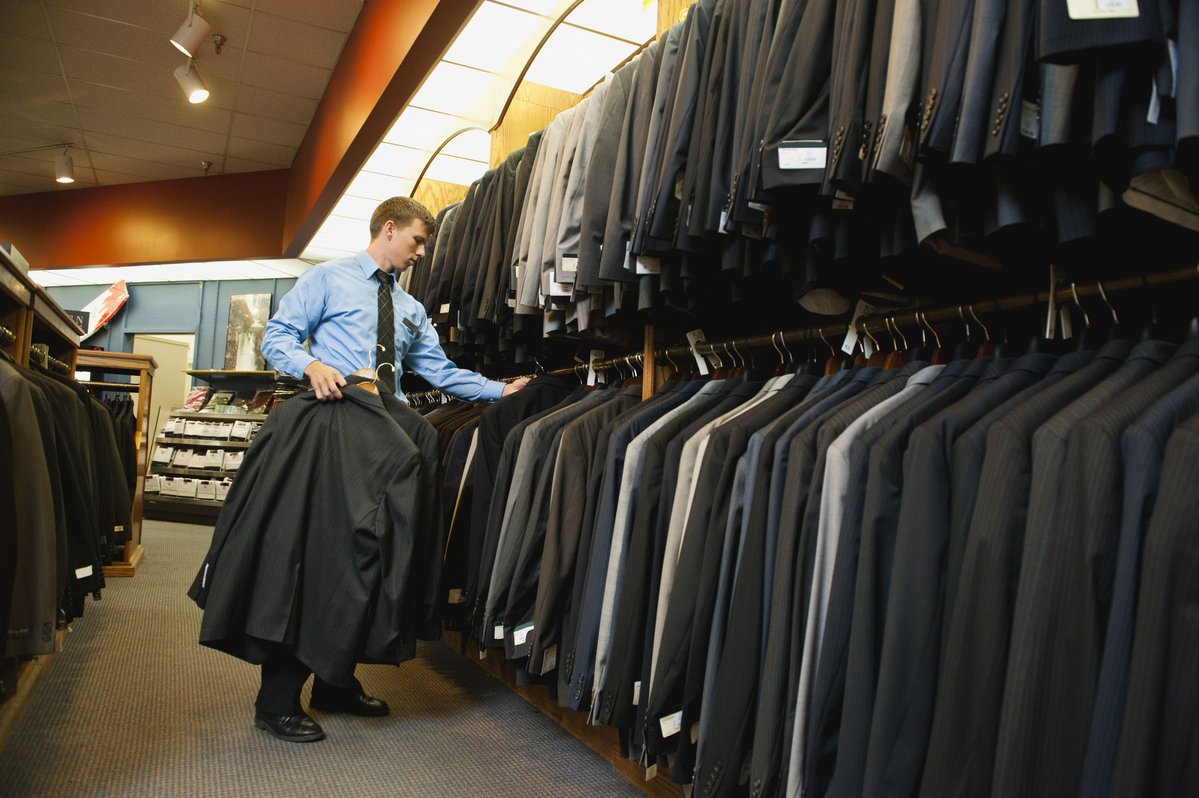
The term "dark worsted" here refers to these smooth, silky wool fabrics, which sometimes have a bit of sheen. These fabrics should be reserved for suits, which means the jacket should be worn with matching pants.




However, there are more casual fabrics. They can be casual bc of fiber (e.g., linen is more casual than wool); texture (e.g., tweed is more casual than silky wool); pattern (e.g., larger patterns are more casual than fine patterns); color (e.g., brown is more casual than black)


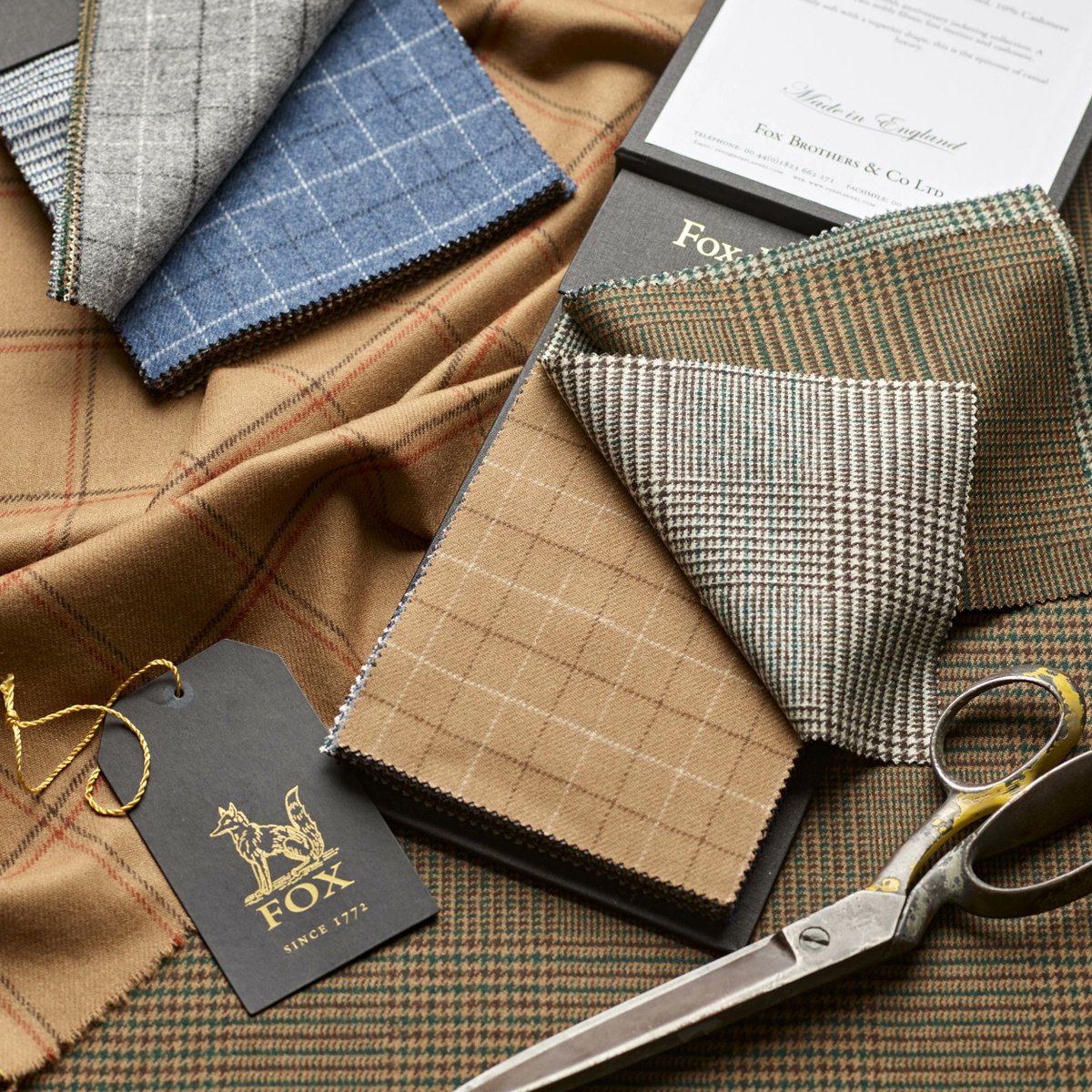

DeSantis here is clearly wearing a suit jacket. You can tell bc the fabric is very smooth, silky, and shiny. Jacket also has tonal buttons, flapped hip pockets, and no edge stitching. These on their own aren't a big deal, but together they form a sentence that says "business"




What he needs is a more casual jacket (a sport coat). The most important element here is fabric. A navy jacket with more texture would have swung this more into sport coat territory, allowing it to be easily worn on its own. Zoom in and see how this fabric is matte and textured




Other things could have swung it more into sport coat territory. In the first photo, we see someone wearing a jacket with contrasting buttons (here being metal). In the second photo, we see a lapel with a swelled edge and patch pockets. These are both very obviously sport coats




The second problem is his trousers. Setting aside the wrinkles around his lap, these chinos are double-needle sewn, which results in the puckering you see along the inseam and cuff. This makes them very casual, more at home with trucker jackets than tailored jackets.




What he needs are single-needle chinos, which are basically pants built like wool trousers, except they're made from cotton. This particular pair has not yet been hemmed, but a proper tailor will know that these should be hemmed like dress pants, not casual pants. No puckering.




The higher rise, clean cut, single needle sewing here will make the cotton trousers look more dressy, bridging the gap between the formality of the tailored jacket and the casualness of the pants. You want to aim for coherence.




The problem with DeSantis' outfit is that it's too dressy up top (this is a suit jacket, not a sport coat) and too casual down bottom (the most casual iteration of chinos). He needs a more casual jacket (a sport coat) and dressier chinos. These details make all the difference.



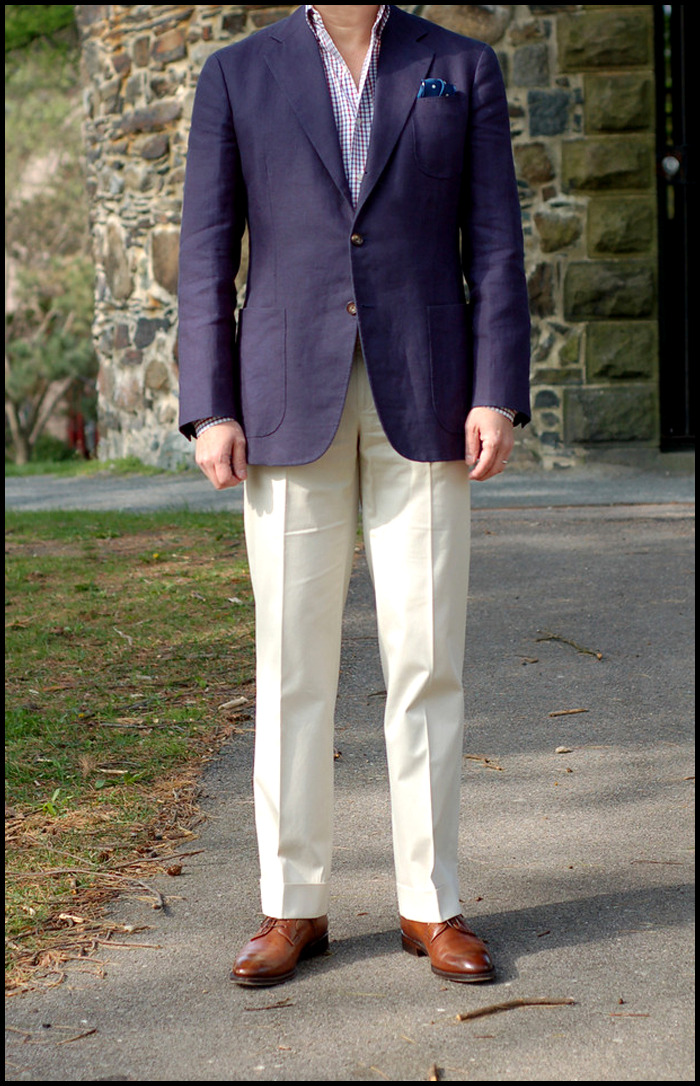
• • •
Missing some Tweet in this thread? You can try to
force a refresh


